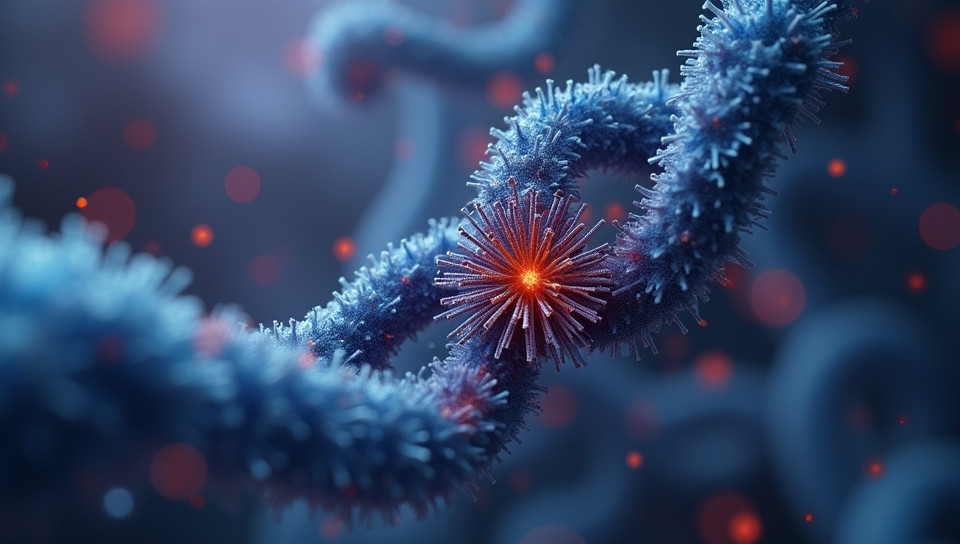CRISPR might cure genetic diseases 42%

The Promise of CRISPR: A New Era in Genetic Disease Treatment
Imagine a world where genetic diseases, once considered incurable, are now treatable and even curable. A world where parents no longer have to worry about passing on inherited disorders to their children. A world where scientists can edit genes with precision and accuracy, eradicating the root cause of these devastating conditions. This is the promise of CRISPR (Clustered Regularly Interspaced Short Palindromic Repeats), a revolutionary gene editing tool that has captured the imagination of researchers, doctors, and patients alike.
What is CRISPR?
CRISPR is a natural defense mechanism found in bacteria that has been repurposed for gene editing. It works by using a small RNA molecule to locate a specific sequence of DNA and make precise cuts at that site, allowing scientists to edit the genome with unprecedented accuracy. This technology has opened up new possibilities for treating genetic diseases, which are caused by mutations in an individual's DNA.
The Potential of CRISPR
- Gene editing can correct genetic mutations responsible for inherited disorders
- Enables researchers to study the effects of specific gene variants on human health
- Potentially eradicates the need for invasive and costly treatments
- May lead to new insights into the causes of complex diseases like cancer and Alzheimer's
The Challenges Ahead
While CRISPR holds tremendous promise, there are still significant challenges that must be overcome before it can be used in humans. These include:
- Ensuring safety and efficacy in human trials
- Addressing concerns about off-target effects and mosaicism (the presence of both edited and unedited cells)
- Developing effective delivery systems to reach the desired cells or tissues
The Future of CRISPR Therapy
Despite these challenges, researchers are making rapid progress in developing CRISPR-based therapies for genetic diseases. In 2019, a team of scientists announced a breakthrough in editing genes in human embryos using CRISPR. This achievement has sparked renewed hope that one day we will be able to prevent the transmission of inherited disorders from parents to their children.
Conclusion
CRISPR represents a major breakthrough in our understanding of genetics and disease treatment. While there are still significant hurdles to overcome, its potential to cure genetic diseases is undeniable. As scientists continue to push the boundaries of this technology, we may soon see the dawn of a new era in medicine, where genetic disorders become a thing of the past. The future looks bright for CRISPR, and with it, a brighter future for millions of people around the world affected by these devastating conditions.
- Created by: Zion Valdez
- Created at: Jan. 13, 2025, 3:17 p.m.
- ID: 17759









